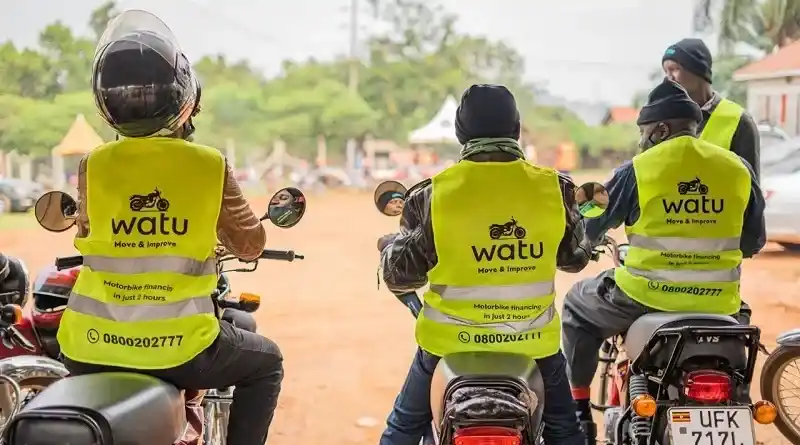Kenyan Buy-Now, Pay-Later (BNPL) company, Watu, has its sights set on the future with a bold commitment to electric mobility.
Responding to the Parliament’s Departmental Committee on Finance and National Planning, Watu outlined its plans to actively promote sustainable transportation.
The Parliamentary Committee was tasked with investigating BNPL services in Kenya. Their investigation focused on consumer protection, regulation, financial risks and regulatory gaps.
Registered in 2015, Watu Africa, known for financing motorbikes and smartphones for underserved communities, aims to become a key player in Kenya’s electric motorbike revolution.
“In a span of over nine years, our resilience in delivering our mission has seen us expand our operations beyond Kenya’s borders and we now operate in seven African countries- DRC, Uganda, Sierra Leone, Tanzania, Nigeria, and Rwanda, with Kenya serving as our leading market,” the Pan-African asset financing company told the committee.
Contribution to Kenya’s Social economic landscape
During the nine years, Watu disclosed that it has contributed significantly to Kenya’s economic growth and social well-being. For instance, it has expanded access to financial services for over 1.3 million Kenyans. This includes providing loans for essential mobility assets and empowering individuals to participate in the informal transport sector.
Additionally, they’ve financed over 800,000 smart connected devices potentially facilitating communication and digital inclusion.
Secondly, its operations have directly created over 1,500 full-time jobs within the company itself. Beyond that, they estimate their services have indirectly supported the creation of over 600,000 business opportunities across Kenya, contributing to overall economic activity.
Subsequently, its services have a ripple effect, impacting over 6 million Kenyans. This includes empowering over 500,000 business owners who have completed loan repayments. These successful entrepreneurs are estimated to indirectly support over 3 million people within their families and communities.
Furthermore, Watu claims to have connected over half a million businesses to the digital economy by financing smartphones, potentially boosting their revenue-generating capabilities.
In terms of its social responsibility, its “Tujenge Msingi” campaign, a collaboration with the National Transport and Safety Authority (NTSA), focuses on educating and empowering boda boda riders and promoting safe practices for themselves and all road users.
Additionally, their Scholarship Program, launched in 2022, provides comprehensive support to students from boda boda rider families, ensuring educational opportunities for the next generation. With 37 students currently benefiting from the program, Watu demonstrates a commitment to social investment.
Future outlook
By 2030, Watu aims to finance over half a million electric motorbikes, representing a significant investment of more than KShs 1.3 billion.
This ambitious initiative directly addresses a critical barrier to electric vehicle adoption: financing. Watu recognizes this gap and plans to bridge it by offering accessible financing options.
Furthermore, Watu is collaborating with local electric motorbike manufacturers like ARCrc Ride and GOGO Electric to ensure the bikes are suited to Kenyan conditions.
Additionally, they plan to establish a nationwide network of battery-swapping stations, a crucial element for electric motorbike adoption.
Watu’s commitment to electric mobility goes beyond financial solutions and infrastructure. This move aligns with the recently published draft National Electric Mobility Policy, demonstrating Watu’s proactive approach to environmental responsibility.
The policy aims to promote the use of electric vehicles (EVs) in the country.
By focusing on electric mobility, Watu is not only aiming to empower Kenyans in the informal transport sector but also contribute to a greener future for Kenya. This shift towards electric motorbikes represents a significant step forward for both Watu and the Kenyan transportation landscape.
Kenya’s e-mobility sector is gaining momentum, driven by policy support, startup activity, and growing awareness of environmental concerns. However, challenges persist, and a balanced approach is essential for sustainable growth.
“Our vision is a collaborative environment where government, individuals, and the private sector work together. This synergy will enhance safety, security, and economic opportunities for everyone,” Watu says.






